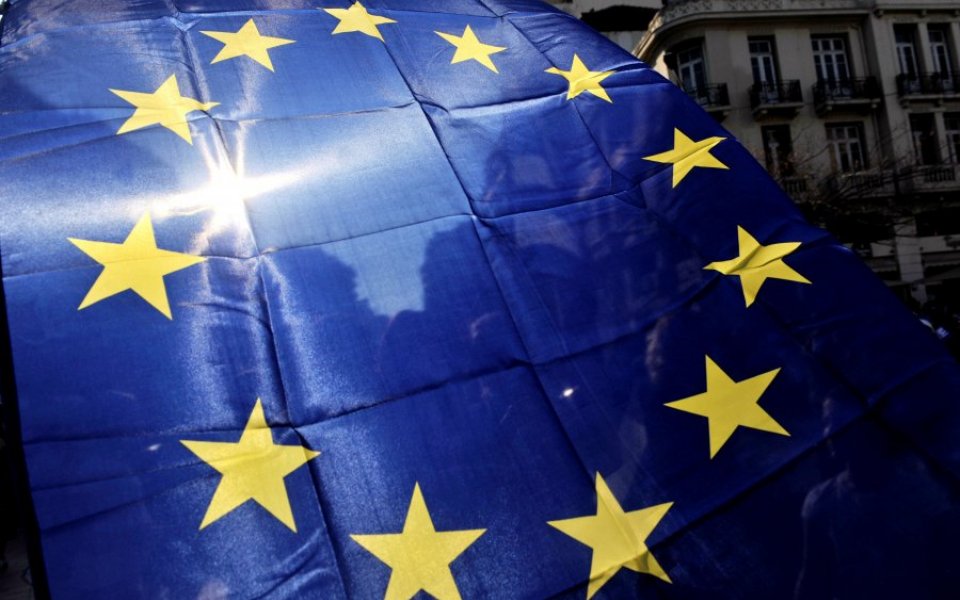EU referendum: We should be very wary of apocalyptic predictions about Brexit, such as those from CitiBank and Goldman Sachs

In the past few weeks, banks including CitiBank and Goldman Sachs have come out in what is seemingly a coordinated effort to ignite a wave of fear about what Brexit might mean for the UK economy.
Unfortunately, the assumptions underpinning their statements are highly selective to the extent that we could be forgiven for thinking they have been “assumed”, such is the extent to which they fit the conclusion they wish to arrive at.
Firstly, they have claimed that Brexit would result in a spike in inflation. This is based on the assumption that sterling will go into a rapid downward spiral against the US dollar.
To assert that this will automatically lead to a spike in inflation is flimsy. The correlation between inflation and sterling’s movements against the dollar has been very weak in recent years with most components of inflation having been far more affected by movements in oil prices.
There’s no reason to suspect Brexit would have any impact whatsoever on the price of oil. Furthermore, the UK imports £3bn a month from the US, compared to a whopping £35bn a month from Europe. So the big question is really whether the value of the euro would rally if one of the largest EU member states pulls out – taking its £11bn net contribution to the EU budget with it.
Read more: Is Labour hurting itself by campaigning to stay in the EU?
To assume that such a monumental event would not see a slump in the value of the euro – which is far more significant in terms of its ability to ‘import’ inflation to the UK market – would be very naïve.
Secondly, they assert that Brexit would see sterling go in to freefall against the dollar (anything in the region of 20 per cent). This assumes that inward investment and demand for British exports would slump, but the only immediately obvious catalyst for a decline in British exports to the EU would be a protectionist response from the EU to shut UK businesses out of certain sectors.
Given that the UK imports more from the EU than it exports, however, the EU stands to lose more than it would gain if the UK were to retaliate with its own protectionist measures. What’s more, given that large multinationals such as Unilever, Toyota and Nissan have said that the UK leaving the EU would not affect their desire to invest in the UK, such assertions should be taken with a pinch of salt. It also assumes the Bank of England has no tools available with which to stem a slump in the currency even if it did happen – which is far from the truth.
Read more: The Out campaigns must stop infighting to secure Brexit
Finally, Citi states that GDP would decline by four per cent over four years. If we are to assume, as already mentioned, that the decline in exports and investment in the UK following Brexit has largely been fabricated by US banks lobbying for the UK to remain in the EU, we are left with two other components that have formed Citi’s assumption: declining consumer spending and a drop in inward migration.
Now, I for one haven’t met a single person who has said that their response to the UK leaving the EU would be to stash cash under the mattress and defer all their spending. I suspect that’s because no-one would make any adjustments whatsoever to their planned consumption; and there’s no reason that they should. Even if consumption did fall, the UK Government would have £11bn freed up to use as a fiscal stimulus to counter this. Meanwhile, the inclusion of immigration is misleading.
Whilst it is true that the UK would probably curtail inward migration from the EU, it is assumed that it would not seek to replace this with immigration from other Commonwealth nations and the US. What’s more, we should also be concerned if GDP growth figures are being “gamed” by simply growing the population. We should be far more interested in the growth in the share of the pie everyone receives – i.e. GDP per capita.
In essence, we should be very wary of such apocalyptic predictions over the coming months during the EU referendum debate; look at who is making the claim, and what possible motive they might have for making it.